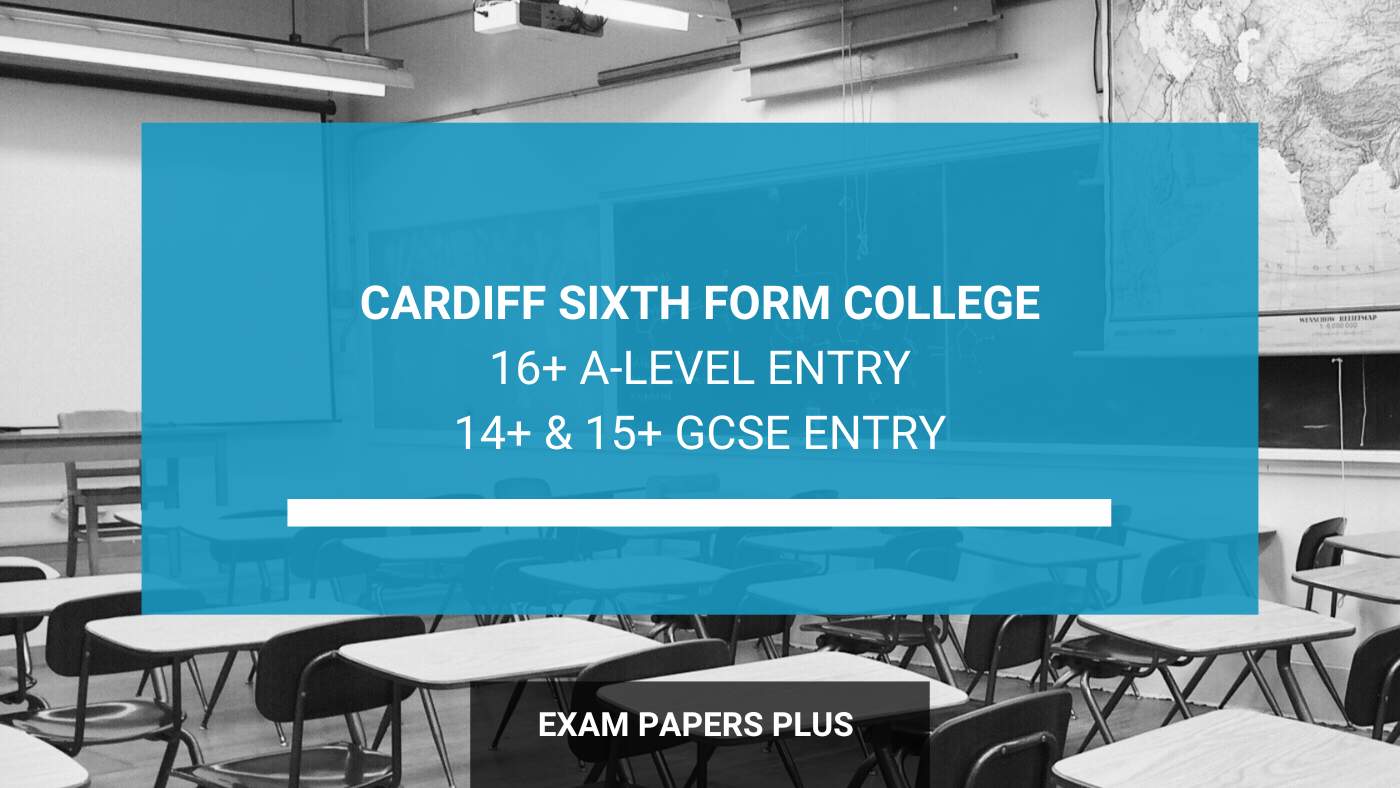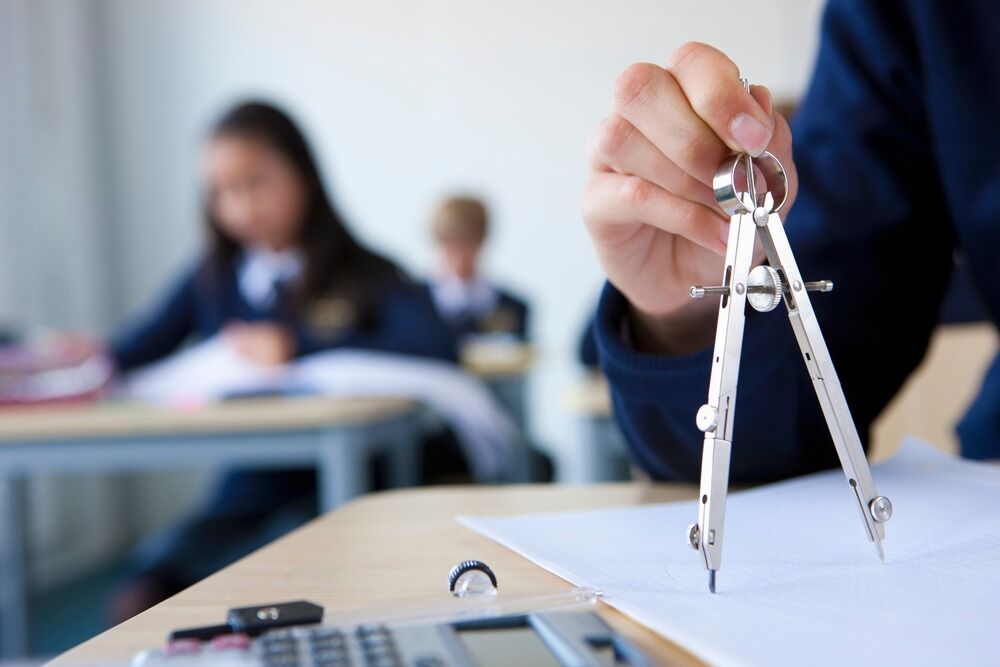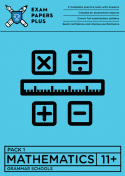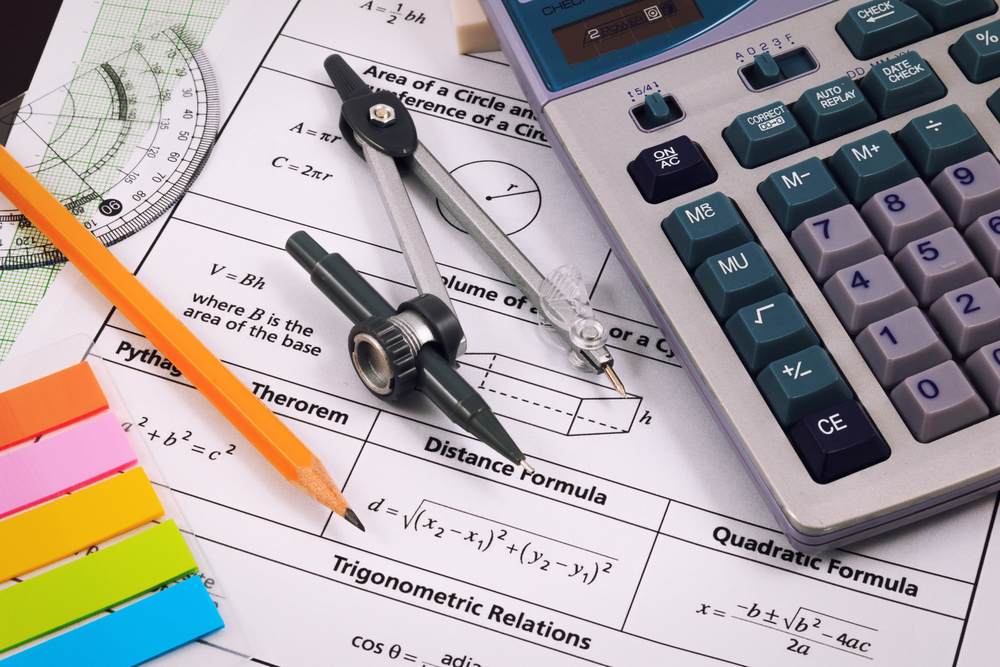
How to Study for GCSE Maths
Bookmark this page? Pop your email into the box below to receive a link to this article so you can easily refer back to it later.
Table of Contents
Introduction
As your GCSE maths exam approaches, you may be thinking about how to make the most of your study time. How do you ensure you cover all the course content? How can you improve your exam technique to gain maximum points? At Exam Papers Plus, we publish GCSE maths practice tests, so we know a thing or two about studying for the exam.
Here are our top tips for studying for GCSE maths:
Organise Your Course Content
We recommend that the first place you start when studying for GCSE maths is in organising all your course notes. Having worked your way through the syllabus for the last 2 years, you’ll likely have a few folders of coursework. We recommend pulling out all the essential information that you’ll need for the exam. This way, you’ll have all your reference material readily available.
The GCSE maths exam covers six main topics: number; algebra; ratio, proportion and rates of change; geometry and measures; probability; statistics. As you go through your notes, highlight these specific topic areas as you know they’ll definitely be in the exam.
Create a Revision Plan
With your study notes organised, the next step is to create a revision plan. All you really need to make an effective timetable is a spreadsheet or a diary where you can record what you plan to study and when.
Our preferred way of creating a revision plan is to use a wall planner. Having a visual timetable lets you see the bigger picture and ensures you don’t run out of time as test day draws nearer. Decide what days you’ll study GCSE maths and mark them on your calendar. You should also indicate what topic you’ll study each day, to ensure all the essential areas are covered.
In addition to revising topics, you should also set aside time in your calendar to put theory into practice with sample questions. We recommend that you start practising with questions from the very beginning of your revision. Not only do they provide you with an indication of your current attainment, they’re a great way of tracking your progress.
Vary Your Revision Techniques
The most effective way to study for GCSE maths is to practice answering the types of questions that will come up in the exam. Revising notes can help jog your memory but there’s no substitute for putting theory into practice. We understand that working through sample questions can get a bit boring, so it’s important to vary your revision activities to maintain your motivation.
Some of our favourite GCSE maths revision techniques include:
Timed questions – Using a stopwatch or an online timer, set yourself a time limit for answering each question. Not only does this help improve your focus and concentration but it can improve your time management skills too.
Group quiz – Studying as part of a group can be a good way to keep you motivated. Using practice papers, have a quizmaster choose 5-10 questions for everyone to answer. The winner is the one who gets the most marks.
Revision cards – Have a friend or family member write out one exam question per card with the answer on the back. Have them choose a card at random for you to answer. This technique is particularly good for improving your non-calculator skills.
Practice with and Without a Calculator
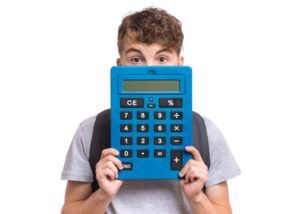
The first test paper that you’ll take in the GCSE maths exam is a non-calculator paper. The key to performing well in this test is to show your working and present your answer logically. If a question is worth 3 marks, the examiner will need to see 3 clear points in your answer.
In the non-calculator paper, it can help to identify the topic and the question type before you jump in. For example, if you know the question is about probability and it’s a multi-step question, you should then have an idea of how the answer should look on the page.
The second test paper requires you to use a calculator. As part of your revision, spend some time getting to know the functions of your own scientific calculator. Make sure you know what functions you need to answer negative number questions, indices and Pythagoras.
You should bring that same calculator with you on test day. You don’t want to have to re-learn the functions of an unfamiliar calculator during the exam.
Our GCSE Maths Revision Packs
Hopefully, after reading our tips on studying for the exam, you’ll appreciate the importance of using practice tests as part of your revision. At Exam Papers Plus, we publish GCSE maths packs that help students become familiar with the types of questions they could be asked in the exam.
When we created these packs, we thoroughly analysed examiners’ reports from previous years to make sure that our questions cover all the essential elements of the exam. The questions are presented in a similar format to the GCSE test papers and we’ve included questions that we know students often struggle with.
All of our practice papers are written and developed by former GCSE Maths examiners and markers. When taken under timed conditions, our practice tests can also help improve your time management skills. The more questions you answer under exam conditions, the better you’ll get at answering questions under pressure.
All of our GCSE packs focus on the key skills required to do well in higher tier GCSE exams and include detailed step-by-step answers and mark schemes for every question. Each question is labelled to identify the relevant exam boards.
We’d highly recommend the following resources for GCSE maths help:
All of our GCSE packs are available immediately after download.
Related posts:
GCSE Maths Help: Tips for the Exam
GCSE Maths Activities to Improve Your Revision
GCSE Mathematics: Key Skills Pack – Providing Essential Exam Practice and Preparation
Bookmark this page? Pop your email into the box below to receive a link to this article so you can easily refer back to it later.





